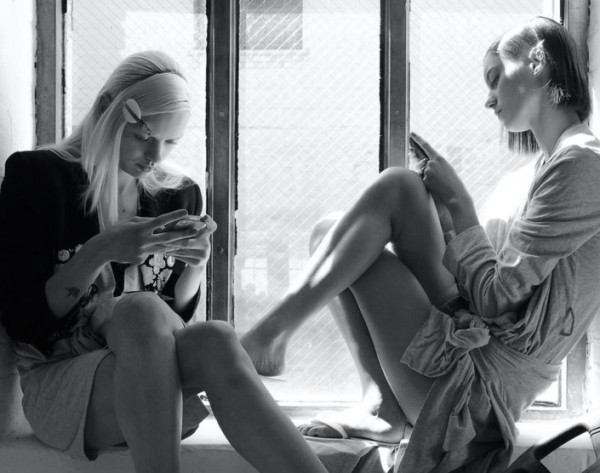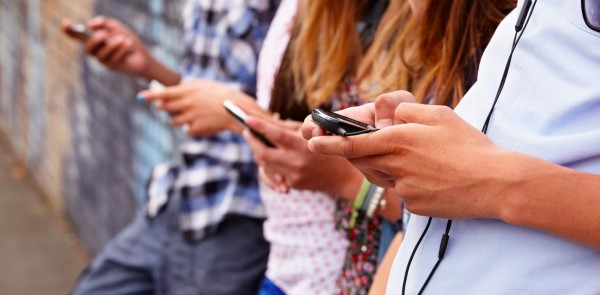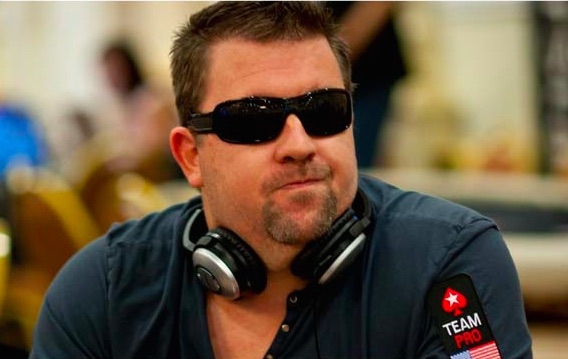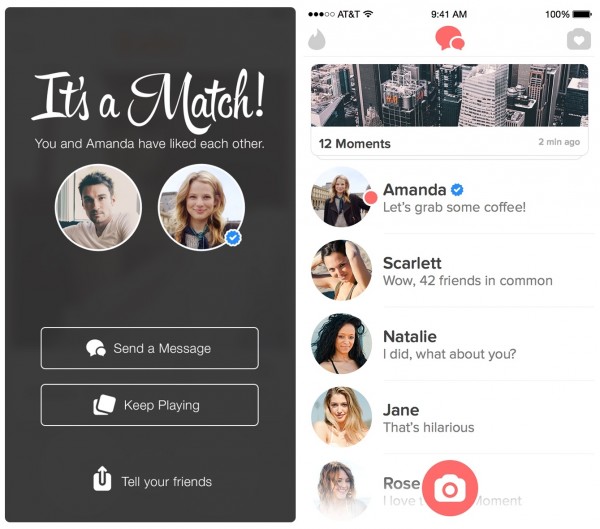How the Online World Has Made Us More Social

The world is getting more social. Despite what the technophobes and cynics might say, people are now more social than ever. While we might not talk on the phone or write letters in the way we used to, we talk more now than ever.
Thanks to online innovations such as Facebook, WhatsApp, Twitter, Snapchat and any other mediums designed for social interaction, the amount of socializing we do has increased dramatically. Of course, those who still believe that things were “Better in the good ol’ days,” will say that talking to friends and family online is faceless and not the same. However, the reality of the situation is that that simply isn’t true. While it’s true that interacting online via social networks is a faceless experience, the fact people are talking more has led to a greater amount of interaction in the real world.
In fact, thanks to the internet, we now do more things in the real world. Whether it’s organizing a night out via a Facebook group chat, considering a trip to Vegas while chatting with your opponents on PokerStars, planning a lunch meeting via WhatsApp, or discussing a potential date via Tinder, the internet has now become a catalyst for more social interaction.
If this is true then we should accept the premise that we’re now more social than ever, so let’s expand on the idea that the aforementioned mediums have become fantastic socializers.
From Facebook to the Bar

Since Mark Zuckerberg launched his social network in 2004, Facebook has grown beyond all expectations. From a simple platform where people could connect with fellow students and share their thoughts to a global hub for news, videos, entertainment and more, Facebook has undoubtedly become the home for social interaction in the online universe.
According to the stats, Facebook now has more than 1.5 billion users, which makes it the largest online network in the world. Of these 1.5 billion users, the average number of Facebook friends is currently 338; while according to Pew Research the median is 200 (half of the users have more than 200 friends). Although many people don’t share close relationships with every Facebook friend in their network, the fact that so many people are connected via a single platform proves that we are now more interested in interacting (actively and passively) with others.
Of course, for these facts to support our original premise that we are now more social than ever, Facebook has to create real world links. One of the best ways to test this is to look at the number of marriages formed through social networks. In a study of Americans between 2005 and 2012, it’s estimated that 7% of people found love online. Of course, estimating the number of Facebook users that meet up on a regular basis thanks to Facebook is impossible, but the number will almost certainly be millions every month.
So how does Facebook do it? Aside from status updates and likes, the instant messaging feature has given people the ability to set up chat groups. These groups become a breeding ground for “banter” and often result in people taking their talk offline to somewhere like Union Republic. For example, New Jersey’s Alibi Room has its own Facebook page which gives people a chance to check out the latest events, chat with fellow customers and plans their next trip. In fact, thanks to Facebook, the Alibi Room was recently ranked as New Jersey’s best bar by NJ.com.
Online Gaming Goes Offline

Along with the rise of social media over the last decade is the growth of gaming. From social games such as Clash of Clans to casino classics such as poker, gaming has now become another medium for socializing.
Although video gaming and live streaming platforms such as Twitch have a strong case for raising the amount we now socialize, it’s hard to look past the game of poker and its rise in the online world. However, at its core, the game has always been deeply social. From the Wild West to impromptu home games, people across the US have enjoyed a game of poker for decades. In fact, poker is often referred to as America’s Game thanks to the amount it’s played in bars, homes and casinos around the country.
However, despite the game’s popularity, the number of players enjoying the game took a downturn in the 1990s. Looking at entrants in the game’s most prestigious tournament, the World Series of Poker Main Event, the number was barely more than 300. In fact, in the 1990 Main Event, the eventual winner, Mansour Matloubi, had to beat just 193 players to win $835,000.
Fast forward a few years and everything changed. Thanks to the growth of online poker in the late Nineties, more people were able to learn about the game, and that eventually led to one man changing the game forever. Chris Moneymaker managed to qualify for the 2003 WSOP Main Event for a paltry $39 by playing an online satellite at PokerStars. Despite being an amateur player, he managed to beat the pros and walk away with the title and $2.5 million.
At that moment, Moneymaker became the embodiment of the American Dream, the poster boy for PokerStars and the instigator of a revolution. After Moneymaker’s win, the world went poker crazy and the following year the WSOP Main Event attracted 2,576 players. Today, the Main Event welcomes in excess of 6,000 players, but that’s not the end of the tale.
Operators like PokerStars now hold social events around the world in a bid to connect virtual friends in real-life settings. In 2015, the company set up the All In Poker Kitchen which allowed players to enjoy an evening of poker and dining at a series of top restaurants. Harking back to the game’s social roots, these events have shown that online innovations have helped us become more social in the real world.
In fact, across New Jersey, you can now find a host of home games and local poker leagues, such as the North Jersey Poker League, where you can meet new people, play for low stakes and just have some fun.
Tinder Takes Relationship to New Levels

Reviled by some, Tinder is now one of the largest dating apps in the world with an estimated 9 billion matches. While online dating used to be something of a taboo, it’s now the “in thing” and more people than ever are forming relationships thanks to apps such as Tinder. In fact, if there’s one example of how online innovations have helped us meet more people and become more social, then Tinder is it.
Although many have dismissed the app as a “hook up” platform, the fact is that people are now using the internet to meet new people. In fact, for many youngsters, apps such as Tinder are now a choice rather than a necessity and that surely goes to prove that we are now more social than ever.
So, if you meet someone via Tinder, where could you take them in New Jersey? Well, Brightside Tavern is always good for a casual drink, but if you really want to impress then a trip to The Hamilton Inn is well worth it.
As you can see, the idea that spending more time online means we’re less social is simply not true. From social networks such as Facebook and Tinder to online poker sites, there are countless examples of how the online world has sparked a wave of interactions in the offline world, and that’s something we should be thankful for.
Written by Emily Warrow, A social meda guru from the UK with an unhealthy obsession Instagram!
You must be logged in to post a comment.